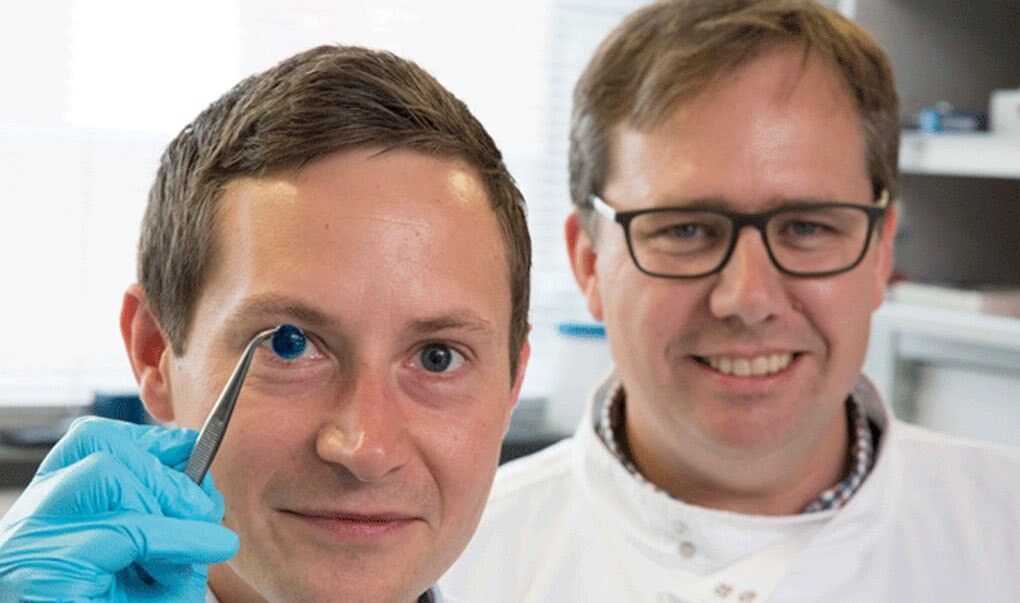What just happened? While it might not be the most successful of consumer products, 3D printing has found plenty of success in the industrial sector, including biotechnology, where it’s been used for creating bones and synthesizing medicines. Now, the system has been used to create a human cornea, a development that could help the estimated 15 million people who are affected by corneal blindnes.

Researchers at Newcastle University in the UK used human corneal stromal cells from a donor cornea mixed with alginate and collagen to create a bio-ink, which can be used to 3D-print an artificial cornea.
The researchers needed to create a gel that could keep the stem cells alive, was stiff enough to hold its shape, and could still be pushed through the nozzle of a 3D printer.
“This builds upon our previous work in which we kept cells alive for weeks at room temperature within a similar hydrogel. Now we have a ready to use bio-ink containing stem cells allowing users to start printing tissues without having to worry about growing the cells separately,” said researcher Che Connon, who built the technology with Dr. Steve Swioklo (both pictured above).
By scanning a volunteer’s eye, the researchers said they were able to print a cornea to the correct dimensions in about 10 minutes.
The system is still in the proof-of-concept stage, and it needs to undergo several years of testing before the printed corneas are ready to be used in an actual transplant. “However, what we have shown is that it is feasible to print corneas using coordinates taken from a patient eye and that this approach has potential to combat the world-wide shortage,” added Connon.
A paper on the research has been published this month in the journal Experimental Eye Research.
https://www.techspot.com/news/74890-researchers-create-world-first-3d-printed-cornea-using.html